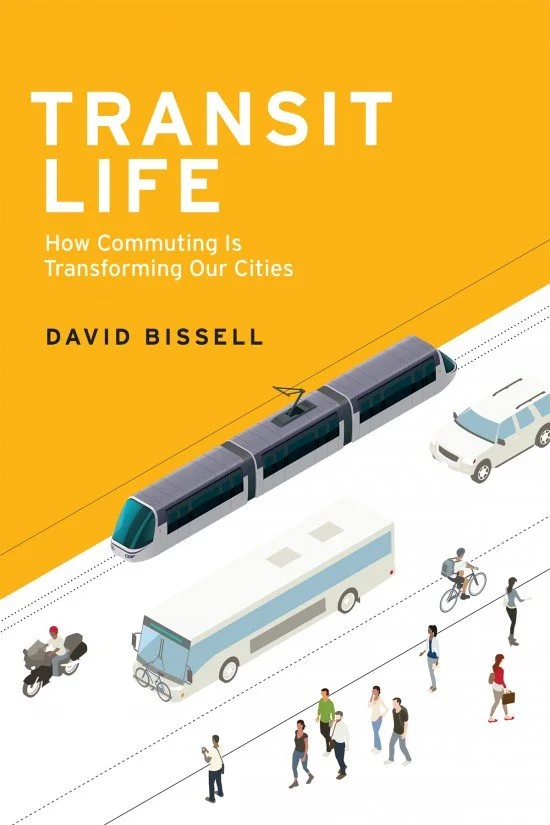Commuting Life
Funder
Australian Research Council DE120102279
project Duration
2012-2015
RESEARCHER
David Bissell
―
It is no secret that commuting within many Australian cities is the source of significant pressure. Yet, while the stress of journeying to and from work is a part of everyday life in many Australian cities, its effects have not been properly understood.
This project explored how commuting stress emerges, plays out through home and work life, and impacts on the longer term plans of city workers and their families.
This project was designed to develop a richer understanding of: how commutes are changing people; how commutes are impacting on people’s work and home lives; how commutes are impacting on people’s longer term plans; how the negative impacts of commuting are responded to by a range of diverse stakeholders.
Book
Project report
Key findings
1.
Our commutes are changing who we are
Commuting to and from work creates subtle but significant transformations in people over time: transformations to the way people act towards others; what they desire from their work and home life; their tolerances levels and what they can cope with; and their habits of thinking and feeling. Previous research has emphasised the relative stability of people’s commutes, usually understood from the perspective of the mode of transport that they use. However, this overlooks the significant changes that commuting creates for people that can have powerful effects over time. These can sometimes build to ‘tipping points’ where people change their route or mode of travel, or even move house. Although they cannot necessarily be ‘seen’ or ‘measured’, these subtle transformations are important because they affect how stress is interpreted and managed by people.
2.
Our commutes are changing our relationship to cities
Commuting changes people’s relationship with the city in powerful ways. Over time, commuting is changing the way people feel about their city and their connections to communities. There are some practical implications here in terms of how the commute is changing how and where people access services, and do everyday activities such as shopping. It can also change how and where people want to spend their leisure time. For instance, for many, travelling for long durations during the week makes the very idea of travelling any distance at weekends unappealing. In many cases, commuting is changing people’s aspirations in terms of where they want to live and work.
3.
Our commutes are intimately connected to the rest of our everyday lives
The true significance of the commute can only be understood in the context of how it relates to the other activities that make up people’s everyday lives. Many policy approaches have treated the commute as a freestanding and relatively self-contained activity. But commuter journeys are a time where social life with family and friends, learning, thinking, planning and working all take place. Work and home life seep into the commute in many ways. Similarly, the commute can also seep into our work and home life. Experiences during the journey can change what we are capable of doing at work and home.

